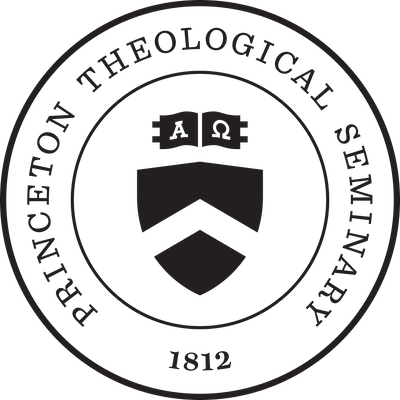The Princeton Lectures on Youth, Church, and Culture
2002 — Compass Points: Navigating Vocation
Introduction
The fundamental question of adolescence—“Who am I?”—is increasingly answered by our society with “You are what you buy.” As youth navigate the choppy waters of identity formation, they long for true meaning and direction but often settle for defining themselves as consumers. The church offers youth a compass for their journey that is pointed by the cross. Christian vocation gives young people validity, purpose, and direction. As youth take up their crosses and follow Christ, they learn to rely on built-in GPS (global positioning system) to set their course. The good news we can share with young people is that God is calling them to a unique identity and task. They need only listen and respond. The 2002 Princeton Lectures on Youth, Church, and Culture explore how the church can help youth discern their life’s calling and their vocation as teenagers.
Deborah van Deusen Hunsinger sees a paradox in Christian vocation. Vocation is an astonishing gift from God and yet also a human task and responsibility. She raises the question of how we in the church can teach youth to trust fully that God will speak to them, and yet also urge them to map out their life plans as best they can. Hunsinger argues that the teaching of the church about the nature of the God who calls them can provide youth with much-needed guidance in the face of dizzying choices. Young people need to know that the God who created them has given particular gifts unique to each creature; the Christ who redeems them saves them from aimlessness and sin; the Holy Spirit who sustains them creates the community where they may be fully seen as who they are and where they can be called forth. The church community also has an obligation, says Hunsinger, to help youth identify and call forth their gifts.
Joyce Ann Mercer urges the church to take seriously the vocation of young people and of the adults who minister with them. After examining Christian theological understandings of vocation throughout history, Mercer links the vocation of youth to identity, community, and solidarity. She also lifts up youth ministry as a legitimate lifelong vocation rather than a steppingstone to “real” ministry. She claims that youth ministers are people who share with all Christians the one call to ministry, that God’s Spirit gives certain gifts to people with a vocation for youth ministry, and that the vocation of youth ministry draws its meaning, character, and work from the one call to ministry and from God’s calling of youth.
Miroslav Volf addresses a crucial question for Christians in today’s world: If memory is part and parcel of the way we relate to one another in situations of conflict, then how does one who loves remember injuries and injustices? Volf discusses the importance of memory with a particular emphasis on the role it plays in the contemporary world. He points out that while memories give us identity and can promote justice, they can also become roots of bitterness and obstacles to reconciliation. Volf goes on to explore what it takes to remember in redeeming rather than in destructive ways. He considers how the proper remembrance of the exodus from Egypt and the resurrection of Jesus Christ inform the task of redemptive remembering.
Michael Warren challenges us to consider what youth ministry in a church of radical discipleship might look like. How, he asks, can the church help youth move from being conspicuous consumers to having a commitment to the poor and to gospel simplicity? Warren contrasts the gestures of consumerism with the gestures of the gospel, and he lifts up examples of ministries that are teaching young people not simply what they ought to believe but what concrete skills are needed for living out the gospel. Warren also discusses the power of social influences on youth and on their ability to be influences in their own right. When the church is a community living out gospel alternatives to consumer culture, he argues, it offers youth a powerful vision of life’s purposes and possibilities.
May these lectures remind you of your own true vocation and equip you to accompany young people as they listen for God’s call.
Faithfully Yours,
Amy Scott Vaughn
Director of Leadership Development
Institute for Youth Ministry
2002 Lectures
- Deborah van Deusen Hunsinger
- Joyce Ann Mercer
- Miroslav Volf
- Michael Warren
